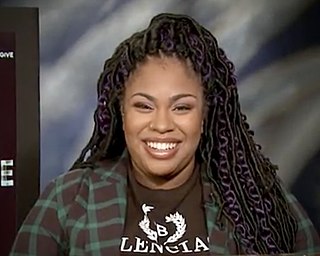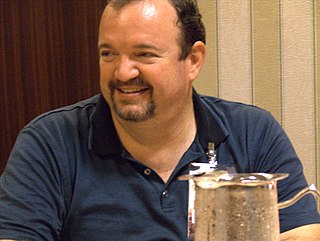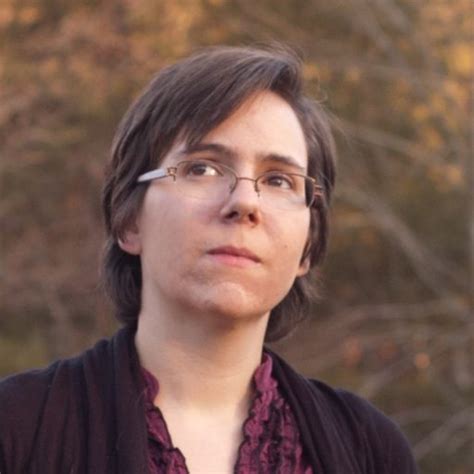A Quote by Tea Obreht
A lot of writers that I know have told me that the first book you write, you write about your childhood, whether you want to or not. It calls you back.
Related Quotes
Writers often have a 'drunk' that is different than anyone else's. That's why it's so insidious and so damning. First of all, because they can write when they're drinking - or they think they can. A lot of writers will tell me - and this is the latest one I've heard - you drink while you're thinking about what to write, but when you actually write, you sober up.
You have to surrender to your mediocrity, and just write. Because it's hard, really hard, to write even a crappy book. But it's better to write a book that kind of sucks rather than no book at all, as you wait around to magically become Faulkner. No one is going to write your book for you and you can't write anybody's book but your own.
The most common thing I find is very brilliant, acute, young people who want to become writers but they are not writing. You know, they really badly want to write a book but they are not writing it. The only advice I can give them is to just write it, get to the end of it. And, you know, if it's not good enough, write another one.
For me writing is a long, hard, painful process, but it is addictive, a pleasure that I seek out actively. My advice to young writers is this: Read a lot. Read to find out what past writers have done. Then write about what you know. Write about your school, your class, about your teachers, your family. That's what I did. Each writer must find his or her own kind of voice. Finally, you have to keep on writing.
[A] couple I had known - who were old friends - asked me what I was going to work on next. I told them I wanted to write a near future book about AIDS concentration camps. They were vehement in their response: they thought it was a terrible idea. Their words both shocked and saddened me. "Do you really want to write a book about homosexuals?" they asked me. "Won't people who read your work be influenced toward sin?" I notice that I don't hear from them much lately.
Write what you want to read. So many people think they need to write a particular kind of book, or imitate a successful style, in order to be published. I've known people who felt they had to model their book on existing blockbusters, or write in a genre that's supposed to be "hot right now" in order to get agents and publishers interested. But if you're writing in a genre you don't like, or modeling yourself on a book you don't respect, it'll show through. You're your first, most important reader, so write the book that reader really wants to read.
About a year after (my stories began being published), magazine editor George Scithers, suggested to me that since I was so new at being published, I must be very close to what I had to learn to move from fooling around with writing to actually producing professional stories. There are a lot of aspiring writers out there who would like to know just that. Write that book.SFWW-I is that book. It's the book I was looking for when I first started writing fiction.
Too many writers think that all you need to do is write well-but that's only part of what a good book is. Above all, a good book tells a good story. Focus on the story first. Ask yourself, 'Will other people find this story so interesting that they will tell others about it?' Remember: A bestselling book usually follows a simple rule, 'It's a wonderful story, wonderfully told'; not, 'It's a wonderfully told story.'






































